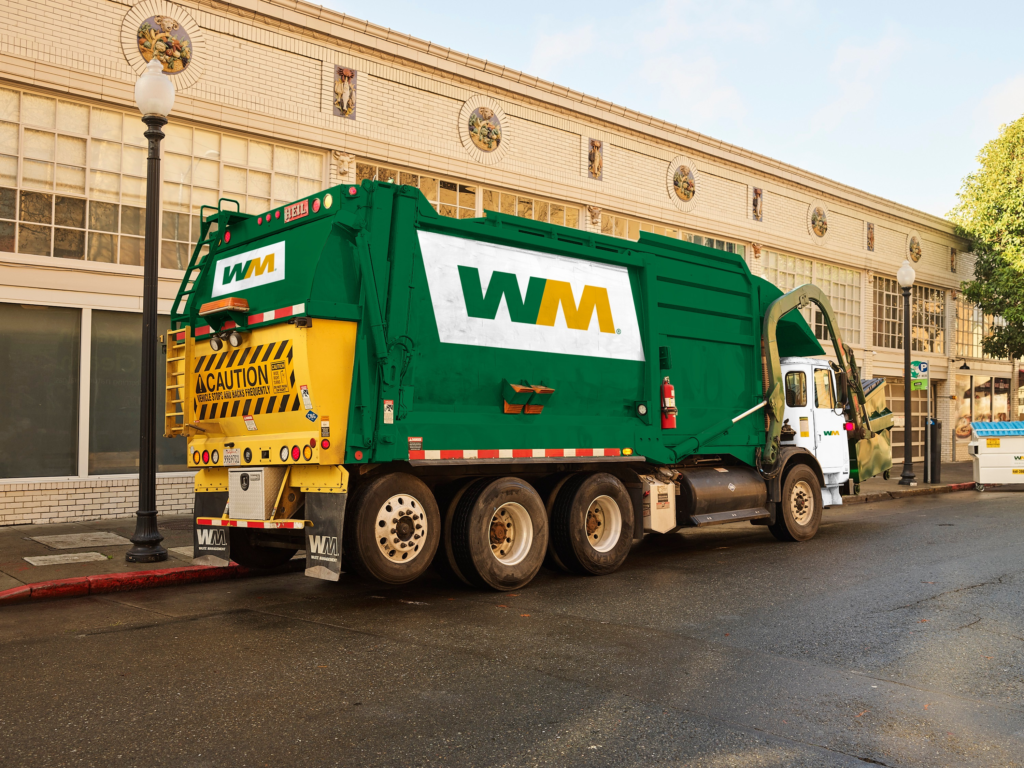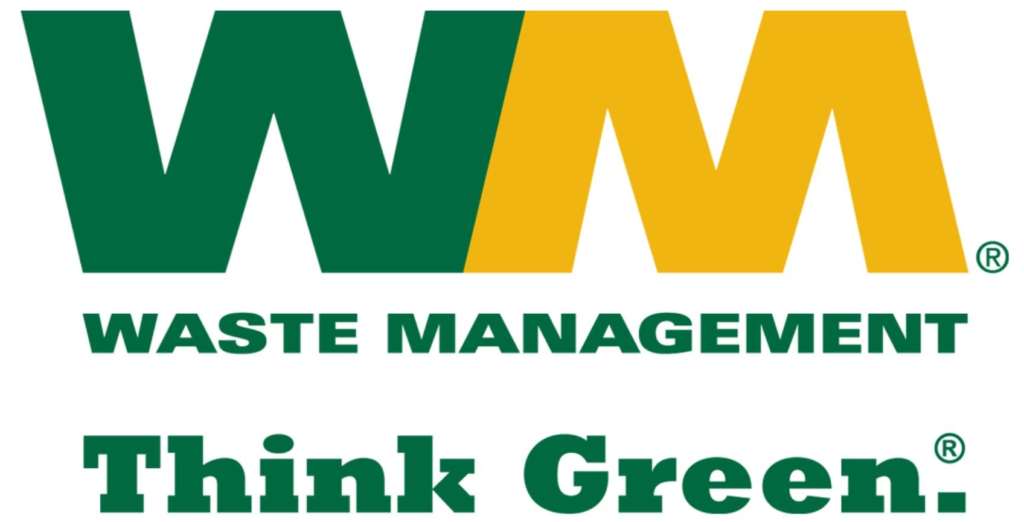
Waste management is a critical aspect of environmental sustainability, with significant implications for ecosystems and human well-being. In recent years, companies worldwide have been reevaluating their waste management practices, aiming for more sustainable and ecologically responsible solutions. One such company leading the charge is “Waster Management,” setting an example for how businesses can make a positive impact on the environment.
Waster Management Overview
Waster Management is not just a waste management company; it’s a pioneer in adopting innovative and sustainable approaches to waste handling, disposal, and recycling. Established with a vision to reduce environmental impact, the company has developed a comprehensive waste management system that prioritizes ecological responsibility.
Key Initiatives
- Waste Segregation and Recycling Programs:
Waster Management has implemented robust waste segregation and recycling programs. By encouraging clients to separate their waste into recyclables, organic materials, and non-recyclables, the company minimizes the amount of waste ending up in landfills. This initiative significantly reduces the environmental footprint associated with waste disposal. - Circular Economy Practices:
Embracing the principles of a circular economy, Waster Management promotes the reuse of materials whenever possible. By facilitating the reintegration of recycled materials into the production process, the company helps close the loop on resource consumption and waste generation. - Investment in Advanced Technologies:
Waster Management stays at the forefront of waste management technology. Investing in advanced sorting and processing technologies, such as AI-powered sorting systems and efficient composting methods, ensures that waste is handled with maximum efficiency and minimal environmental impact. - Educational Outreach and Community Engagement:
Recognizing the importance of community involvement, Waster Management conducts educational outreach programs. These initiatives aim to raise awareness about responsible waste disposal and inspire individuals and businesses to adopt more sustainable practices.
Positive Ecological Impacts
Reduction in Landfill Usage:
Waste Management’s dedication to recycling and waste diversion plays a crucial role in minimizing the amount of waste sent to landfills. This reduction in landfill usage has a cascade of positive environmental impacts:
- Preservation of Natural Habitats: Landfills often occupy vast tracts of land, disrupting natural ecosystems and displacing wildlife. By reducing the need for landfills, Waste Management helps conserve precious natural habitats and protect biodiversity.
- Prevention of Soil Degradation: Landfills can contaminate soil with harmful substances, leading to soil degradation and reduced agricultural productivity. By minimizing landfill usage, Waste Management safeguards soil health and ensures its continued support for crops and ecosystems.
- Mitigation of Harmful Emissions: Landfills emit greenhouse gases, including methane, which contributes to climate change. By diverting waste from landfills, Waste Management helps mitigate these harmful emissions and protect the environment from the impacts of climate change.
Conservation of Resources:
Waste Management’s commitment to the circular economy principles promotes resource conservation and sustainability. By embracing recycling and waste diversion, the company plays a vital role in minimizing the demand for raw materials:
- Reduced Extraction of Raw Materials: Recycling reduces the need to extract new raw materials from the Earth’s finite resources. This, in turn, helps protect natural landscapes, prevent deforestation, and conserve biodiversity.
- Minimized Processing and Energy Consumption: Processing raw materials into usable products requires significant energy and often involves environmentally damaging processes. By recycling, Waste Management reduces the demand for processing and minimizes the associated environmental impact.
- Extended Product Lifespans: Recycling extends the lifespan of materials, reducing the need for new products and minimizing the overall consumption of resources. This approach promotes sustainability and contributes to a more circular economy.
Lower Carbon Footprint:
Waste Management’s strategic approach to waste collection and transportation minimizes the carbon footprint associated with waste management:
- Optimized Facility Locations: Waste Management strategically locates recycling facilities to reduce transportation distances and minimize fuel consumption. This approach lowers the carbon emissions associated with transporting waste for processing.
- Eco-Friendly Transportation Methods: The company utilizes eco-friendly transportation methods, such as hybrid and electric vehicles, to further reduce its carbon footprint. These advancements in transportation technology contribute to cleaner air quality and a healthier environment.
- Diversion of Organic Waste: By diverting organic waste from landfills, Waste Management prevents the release of methane, a potent greenhouse gas. This diversion promotes the production of compost, a valuable soil amendment that enhances agricultural productivity and reduces the reliance on chemical fertilizers.
Waste Management’s commitment to sustainable practices demonstrates its dedication to environmental stewardship and its role in promoting a more sustainable future. By reducing landfill usage, conserving resources, and minimizing its carbon footprint, the company contributes to a healthier planet and a more sustainable society.
Challenges and Future Endeavors

While Waster Management has made remarkable strides, challenges persist in achieving a waste-free future. Ongoing efforts to develop new technologies, strengthen community engagement, and enhance waste reduction strategies are crucial for further ecological improvements. Waster Management stands as a beacon of sustainability in the waste management industry. Through its commitment to ecological responsibility, innovative practices, and community engagement, the company showcases the positive impact businesses can have on the environment. As we navigate the challenges of waste management in the 21st century, companies like Waster Management provide a blueprint for a more sustainable and ecologically harmonious future.
Related Content
- A Norman City in the Top 10 Greenest Cities in France? Which city is the “greenest” in France?
- Ten + 1 Initiatives That Make Valencia the Greenest City in Europe!
- Green Initiatives Propel Growth in the Global Crude Tall Oil Derivative Market
- Waste Management, Inc. (NYSE:WM) is largely controlled by institutional shareholders who own 83% of the company – Simply Wall St News
- Waste Management Inc. stock rises Tuesday, still underperforms market – MarketWatch
- EBRD and EU help improve solid waste management in Kyrgyz Republic
